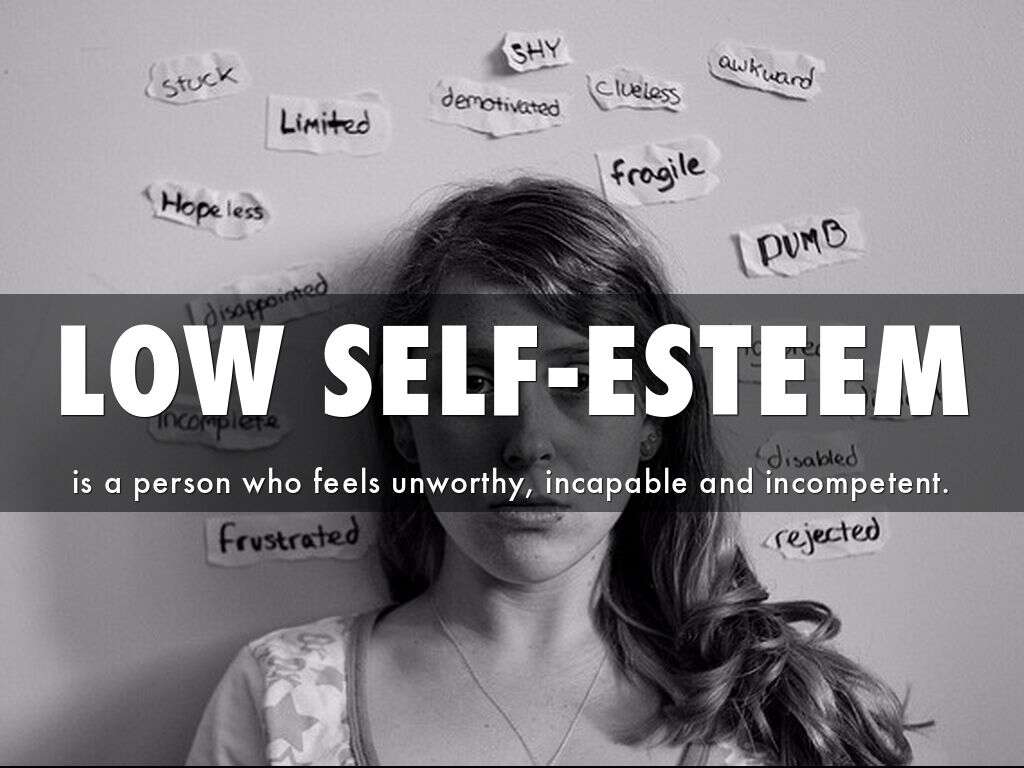10 Symptoms of an Avoidant Personality Disorder
We are mostly social creatures. We like to be around other people and can begin to feel quite uncomfortable if left alone for too long. We tend to actively seek out the companionship of others whether it is with friends, family, or with romantic partners.
For people with Avoidant Personality Disorder however, this is much harder to do 1https://www.psychologytoday.com/us/conditions/avoidant-personality-disorder. They tend to have an innate feeling of inferiority and a sensitivity to being criticized. They will often choose to keep themselves away from other people, even though they really desire companionship with others. It is a condition that can make life quite uncomfortable for the people that suffer from it. Here’s a look at some of the predominant symptoms of the disorder.
Symptom #1: Constant Apprehension
While most of us have some fears or concerns, we will usually be able to get by without dwelling on them too much or even not at all. For people with Avoidant Personality Disorder however, putting these fears to one side is much more difficult to do. For them, life can be constantly full of worry about what is around the corner.
While most of us will harbor concerns about possible scenarios such as losing a job or falling ill, people with Avoidant Personality Disorder will also be concerned about more trivial matters. Even the thought of meeting new people in coming days can overwhelm them with apprehension, making it difficult for them to relax.
Symptom #2: Feel Unwelcome
One of the best things about being with close family and friends is that you know that you are in a place where you are welcome. You can relax and be yourself because the people around you already know who you really are, and you are part of the group.
For people with Avoidant Personality Disorder it is much more difficult to ever feel truly welcome. There is always a feeling of not being wanted, even when the opposite is true. It can make it difficult for them to relax with anyone, even with immediate family members.

Symptom #3: Self-Isolation
We all like to be alone from time to time. Whether to get away from excessive noise or to gather our thoughts, some time alone can be good for us occasionally. However, we are still social creatures and it isn’t long before we go in search the company of others.
Unfortunately, people with Avoidant Personality Disorder will likely isolate themselves for much longer periods. Their feelings of inadequacy and inferiority make them feel as though they are not wanted, causing them to be apprehensive about socializing out of fear of rejection.
Symptom #4: Low Self Esteem
While it is possible to hold a self-esteem that borders on arrogance, it is quite healthy to think reasonably well of one’s self. We do tend to recognize our positive traits and acknowledge our achievements – it can make us feel pretty good about ourselves. We also recognize our failures, providing a healthy balance to our self-esteem.
At the other end of the spectrum, people with Avoidant Personality Disorder tend to hold themselves in very low self-esteem. They find it difficult to recognize their achievements and will focus on the perceived negatives of their personality instead. This can make them feel quite worthless as people, even when the opposite may well be true.

Symptom #5: Reluctant to Meet New People
Meeting new people can be very exciting. There are so many different personalities out there to meet and so many new stories and experiences to be shared. We often go out in public with the sole intention of meeting new people; however, for some people such a thought is simply terrifying.
Avoidant Personality Disorder can lead to significant anxiety when it comes to meeting new people. Sufferers have feelings of inadequacy which make them afraid that they will not be liked or will be criticized in some way. While their friends may be outgoing and have a great time with new people, those with the condition are far more likely to stay either with people they already know or remain alone.
Symptom #6: Attachment Anxiety
Most of us would find it very difficult if we were abandoned by the ones we love. Such events can be extremely hurtful and take some time to recover. Even so, we tend not to dwell on the possibility of abandonment. Instead, we tend to go through our relationships without really thinking of being abandoned much at all, except for those that have Avoidant Personality Disorder.
Somebody with the disorder is likely to be preoccupied with the thought of being abandoned for much of the time. Even in a healthy relationship the anxiety can begin to take over. It can even get to the point where it can put a strain on the relationships that they don’t want to lose.

Symptom #7: Reluctance in Intimacy
Being intimate with others is one of those basic human desires that most of us wish to experience. Intimacy can also help to strengthen bonds between partners and is also just a lot of fun. While younger people are likely to be a little shy when they first start being intimate with partners, we tend to become more confident with experience.
People with Avoidant Personality Disorder are likely to be reluctant to pursue intimacy with other people. It’s not that they don’t desire it – because they do – but the fear of rejection or abandonment causes them to shy away from it. This anxiety over intimacy does have the potential to put a strain on romantic relationships with others.
Symptom #8: Substance Abuse
The social use of drugs and alcohol have been present in mainstream society for centuries. Even if someone has never touched drugs such as narcotics, many of us will at least enjoy a drink with friends from time to time. While there is always a risk of a dependency or addiction, most of us have few problems in the long term.
However, people with Avoidant Personality Disorder are likely to use drugs and alcohol in excess. These substances provide an escape that helps people with this condition to deal with their feelings of low self-esteem and anxiety, even though the effects are only temporary. Overall, substance abuse will do more harm to their self-esteem than good, and with excessive usage there is also an increased risk for dependency.

Symptom #9: Reluctance to Take Risks
Sometimes, we might need to weight the pros and cons of taking a risk. It could be something quite normal such as finding a new job, or something more adventurous such as selling everything and travelling the world. The degree to which we are willing to take risks varies from person to person, but most of us are willing to take some measured risks from time to time.
Risk taking for people with Avoidant Personality Disorder is far more difficult. Their insecurities make them more apprehensive, so that any risk-taking simply places them under too much anxiety. Instead, they are more likely to play it safe and, in some cases, this can mean not leaving home.
Symptom #10: Sensitive to Criticism
Nobody’s perfect. Even if we were, it would still be impossible to please everybody. There is always somebody who criticizes no matter what we do. Sometimes it is deserved, sometimes not. Dealing with criticism means accepting and learning from it. At the least, we often deal with criticism by being irritated but not hugely affected.
Unfortunately, people with Avoidant Personality Disorder are likely to be very sensitive to criticism. Even the slightest of perceived rebukes can be taken very personally and cause emotional upset. It is the thought of facing criticism that causes many people with the disorder to avoid contact with others altogether.










